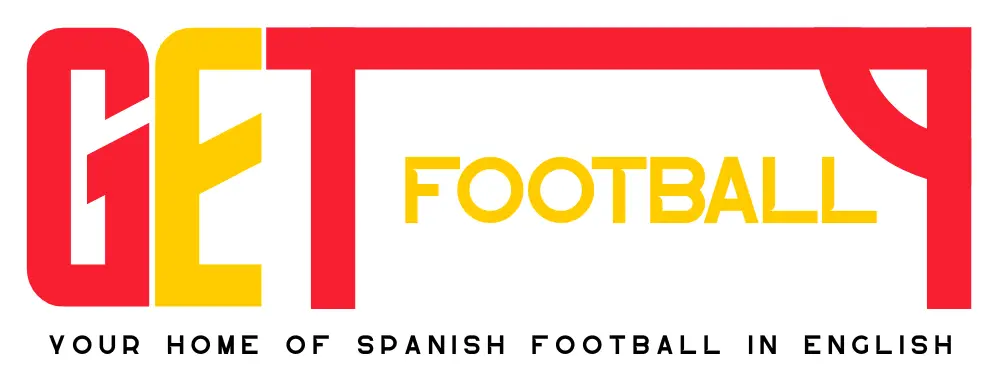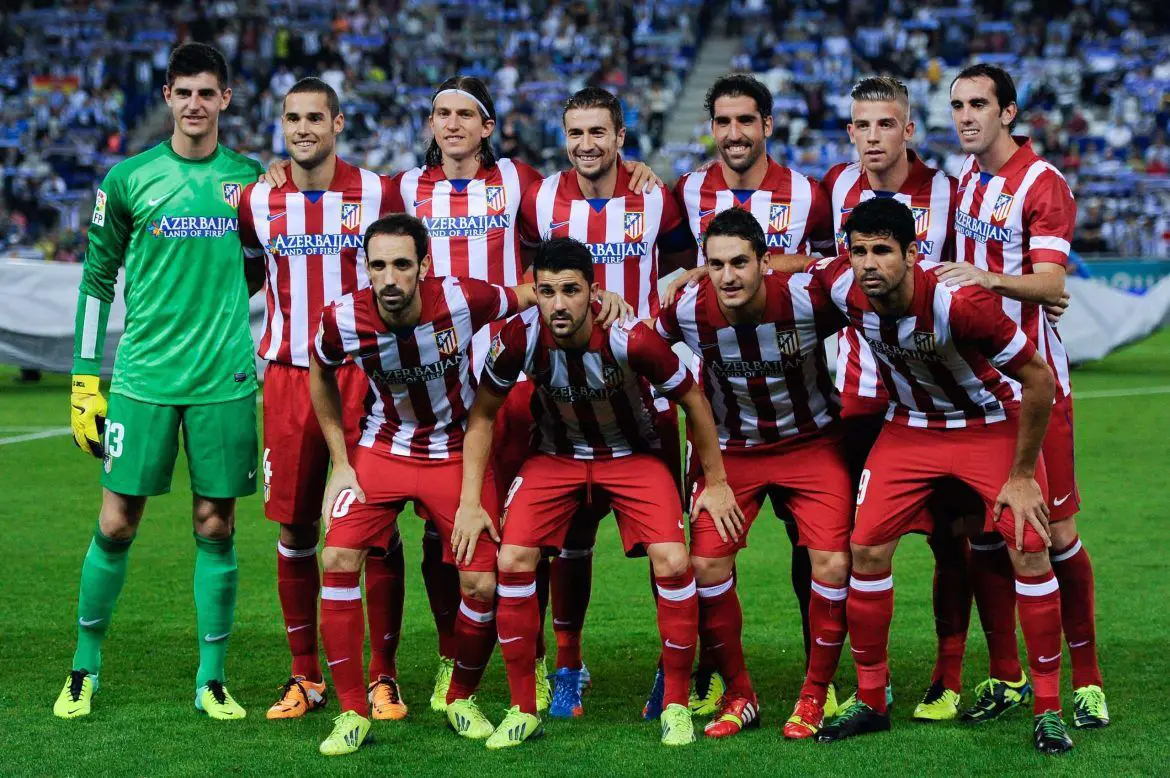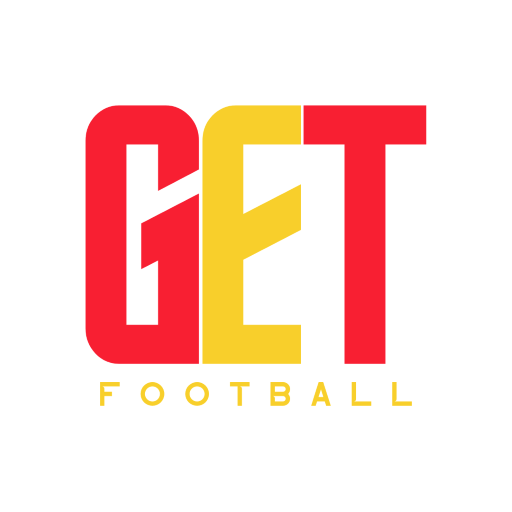Preparing for Success
Upon taking over from Gregorio Manzano halfway through the 2011-12 season, Diego Simeone set about forging an identity for Atlético Madrid as a winning outfit. Their 3-0 victory over Marcelo Bielsa’s Athletic Club in Bucharest gave Los Colchoneros their second Europa League title in three years and this was followed by a 4-1 defeat of Chelsea in the UEFA Super Cup in August. However, it is the Copa del Rey final against Real Madrid at the Santiago Bernabéu in May 2013 that many consider being the most significant moment of El Cholo’s reign prior to the championship-winning season. After a ferocious encounter that saw both sides reduced to ten men, Atleti emerged victorious thanks to an extra-time header from João Miranda. After what had seemed like an interminable wait, the Brazilian’s goal ended an incredible 14-year run without a victory in the Madrid derby and set the tone for what was to come the following year.
Partido a Partido
Much of their success, undoubtedly, can be attributed to the ‘back to zero’ mentality instilled in the squad by the manager. Players were constantly reminded that maximum focus and effort by the team as a cohesive whole were required in order to overcome the unique set of challenges presented by each individual game. This philosophy, dubbed partido a partido (game by game), was far from being a gimmicky turn of phrase or one of the tired expressions routinely trotted out by players in their post-match press conferences; it was an effective road map which ultimately provided Simeone’s Atlético with the tools required to break 10 years of Madrid-Barça hegemony in La Liga, with a style and approach entirely of their own.
“We accept reality. They (Barça) undoubtedly have better individual players than we do. However, we put our faith in the team as a whole, in working together as a compact group – and we’re feeling strong going into this one.“
“Reality” was a recurring theme of Diego Simeone’s meetings with the press that season. When asked to comment on his side’s chances of pipping Madrid and Barça to the title, Simeone’s language was more reminiscent of a manager at the helm of a club fighting a gritty and prolonged relegation battle, rather than potential league winners. The reality for Atleti was being a class apart from the big two, of not being talked about. Now that they were being talked about, their status as championship contenders could not be taken for granted.
Smart Transfers
Simeone had insisted throughout the season that his side were inferior to Madrid and Barcelona, suggesting that the teams were competing at a different level and thus playing down the probability of an Atlético league win. Reference was made to the financial clout of their rivals, an undoubtedly significant factor which the press were reminded of constantly by manager and players alike. “Today Madrid were able to bring guys on from the bench that cost €40m, while we were able to fight as a team,” Filipe Luís said following the 2-2 draw in the Madrid derby in March 2014.
While the extravagant spending of their cross-city rivals was spoken about excessively – particularly when results hadn’t entirely gone their way – Atlético were well within their rights to highlight the financial imbalance. Real Madrid had spent more than eight times as much as they had on transfers in the previous season, with the €35m signing of Luka Modrić alone dwarfing Simeone’s net spend of €4.5m on new players. After their third-place finish in 2013, Atleti saw fit to radically increase their budget for the following year. A total of €36m would be spent over the course of the season, with Josuha Guilavogui, Toby Alderweireld and Leo Baptistão coming in as some of the pricier additions to the squad.
Not to be outdone, Madrid would spend €175m on transfers during that campaign, in a spending spree that included the €101m signing of Gareth Bale in September 2013. For their part, Barcelona were to pay what would later be revealed as an astronomical fee to bring in Neymar from Santos in a long-awaited deal worth €88m. Being eclipsed by the big two in the transfer window had always been part of the “reality” for Atlético that Simeone so often referenced, but this new season had already taken the clubs to almost absurd levels of economic disparity.
However, the destination of this La Liga title would not be decided on the basis of who splashed the most cash; nor would the protagonists be those players for whom the boat had been pushed out financially in order to bring them to the club. David Villa had arrived at the Vicente Calderón in July 2014 for a cut-price deal of €5.1m, Diego Ribas would be signed from Wolfsburg in the January transfer window for €1.5m and the acquisition of 18-year-old defender José María Giménez in the summer had cost the club the princely sum of €900,000 from Danubio F.C. in the Uruguayan Primera División.
This steady stream of smart transfers not only provided Simeone with some added quality and that always-covetable blend of experience and youthful exuberance; it also helped create a culture of constant competition within the squad, as El Cholo made it clear that nobody’s place in the starting lineup was guaranteed based on their reputation as a player or seniority alone. In fact, where some managers may view a lack of first-team experience as a disadvantage, Simeone saw a blank slate upon which his footballing philosophy could be written.
“If you play for me, you always listen to me,” Simeone said in an interview with Canal+ in 2014. When a new player comes along, his head is empty – so everything I say is new to him. As he listens to what I have to say and takes it in, the other players are aware that they also have to listen to me if they want to keep their place. If I don’t have new players coming in, the players that I have who know me already will begin to relax, and that’s like poison for a club.”
Strength in Depth
A feature of Atleti’s title-winning squad which is often overlooked or forgotten about is just how plagued they were by injuries throughout the season. Here, the manager’s ability to rebuild, rotate and reshape the squad on more than one occasion was key to the team’s success. Following a serious injury to Mario Suárez at the beginning of November that ruled him out for three months, Tiago was brought in as cover. When Tiago himself suffered a sprained knee against Almería in February, Suárez came back to replace him, showing absolutely no signs of bitterness at having previously lost his place to the Portuguese in the starting lineup.
Simeone and his staff had to find new and inventive ways to deal with what was rapidly turning into a revolving door of injuries, with Diego Costa, David Villa, Javier Manquillo, Arda Turan and Thibaut Courtois all spending varying degrees of time on the sidelines during the campaign. In January, Emiliano Insúa filled in at left-back when the seemingly irreplaceable Filipe Luís was out with a thigh injury, and one of the lasting images of the campaign was Gabi, the captain, filling in as goalkeeper against Almería following the sending off of Dani Aranzubia, Courtois’ replacement.
When the squad was fit, this was an Atlético Madrid side without any discernable weaknesses and with unequivocal strengths and talents in key areas of the field. Thibaut Courtois in goal and the partnership of Miranda and Godín in the centre of defence brought the same commanding and unshakable assurance to a team that also possessed the outstanding skill and creative energy of Koke and David Villa going forward. The intelligent and relentless overlapping of fullbacks Juanfran and Filipe Luís was complemented by Diego Costa up front, whose abrasive style terrorised defenders and inspired his teammates to continue with the exhausting runs to force mistakes from the opposition and create chances. The regally composed figure of Gabi in the centre of the park was a calming presence on the ball when things occasionally became overly frenetic to the point of being rushed, but this was rarely a concern for a team that always seemed to revel in the more frenzied and convulsive encounters of that year.
Winning and losing a cabezazos
Miranda’s winner in the Copa del Rey final had set the tone for the 2013-14 campaign in more ways than one; not least for the number of headed goals that Atleti would score over the course of the season. This was particularly the case from March onwards, as Atleti scored eight headers in nine matches on their way to picking up the title. This incredible run of beating teams a cabezazos started with Diego Costa’s 63rd-minute header against Granada and ended with Diego Godín’s unforgettable equaliser in the 49th minute at the Camp Nou in the final game of the season.
Their first La Liga title since 1996 would have been the perfect ending to a fairytale season for Los Colchoneros, were it not for the events which transpired just under a month later. The side’s journey to the Champions League final had been every bit as exciting as their league campaign, with victories over AC Milan, Barcelona and Chelsea setting up a blockbuster final with Real Madrid in Lisbon. Ironically, it was a header that was to be the undoing of Simeone’s men, as Sergio Ramos’ equaliser in the 93rd minute cancelled out Diego Godín’s earlier goal and opened the door to Atleti’s collapse in extra time.
Rojiblanco hearts were broken as their eternal rivals ran out 4-1 winners to win the trophy for the tenth time in their long and illustrious history. And yet, something about losing in that fashion, on that stage, in that season, against that team, was so quintessentially Atlético to such an extent that, looking back six years later, one feels that it almost had to happen.
You always detect the sense of recognition in the voices of those fans who are willing to tell you how they lived through such a moment; the seasoned veterans will tell you that it’s all part of the experience of being a supporter of the club which prides itself on a quasi-masochistic obsession with the highs and lows of football. Even the glass half full sections of the Atleti support would be hard-pressed to say that the loss in any way devalued what their team achieved that year, and the title-winning side of Simeone’s partido a partido season will continue to be eulogised at the Wanda Metropolitano long after the dust finally settles.










